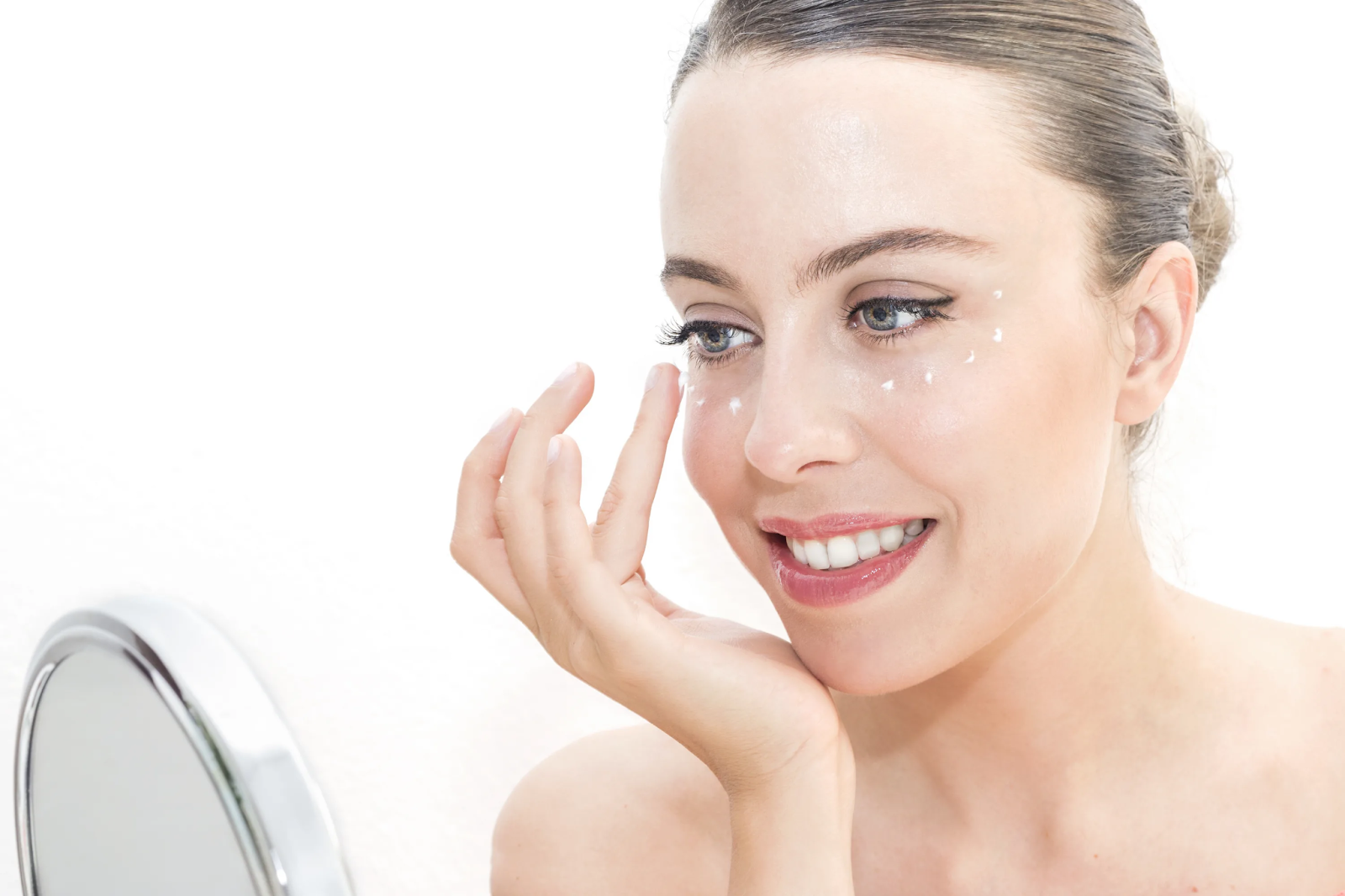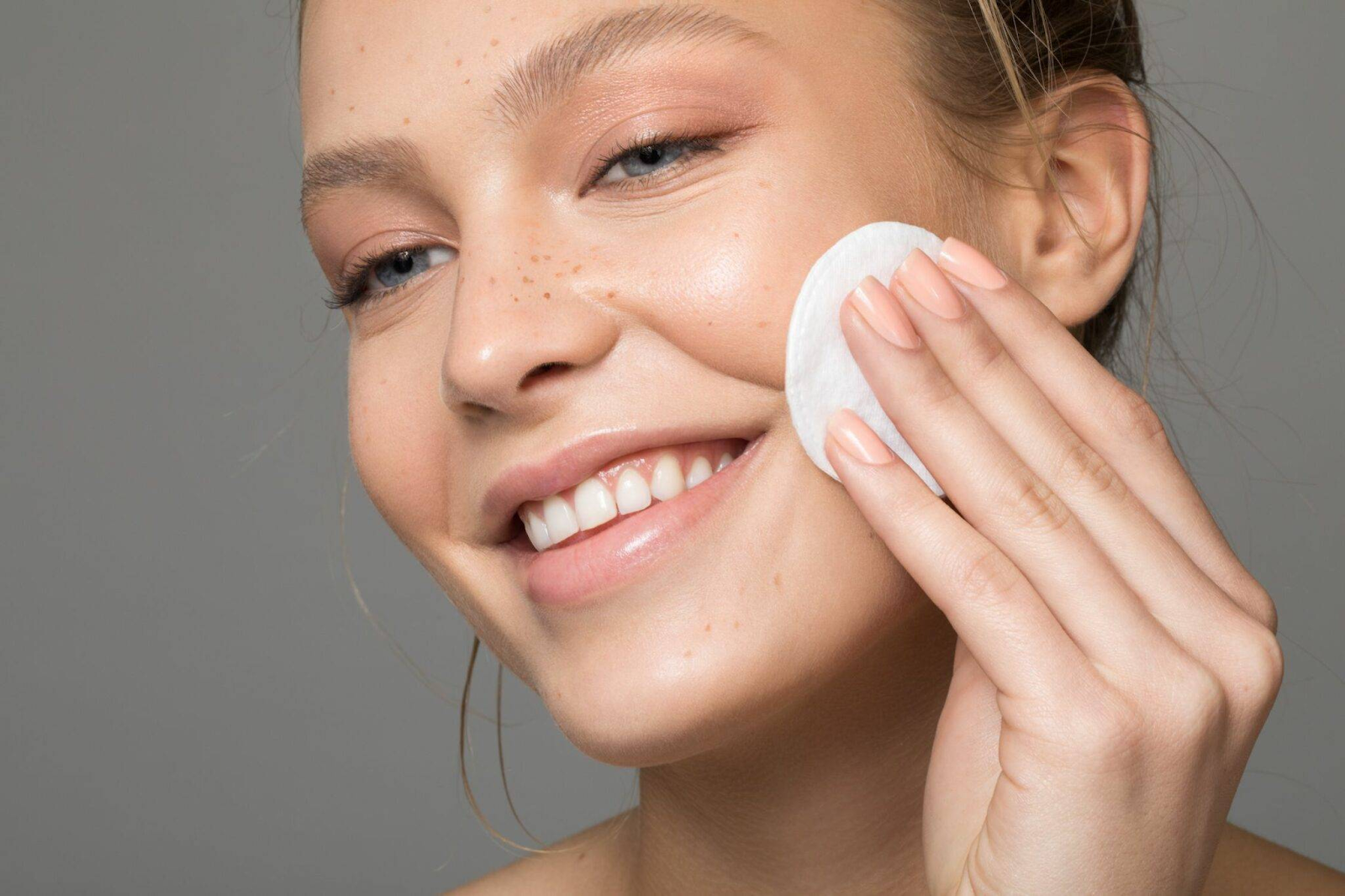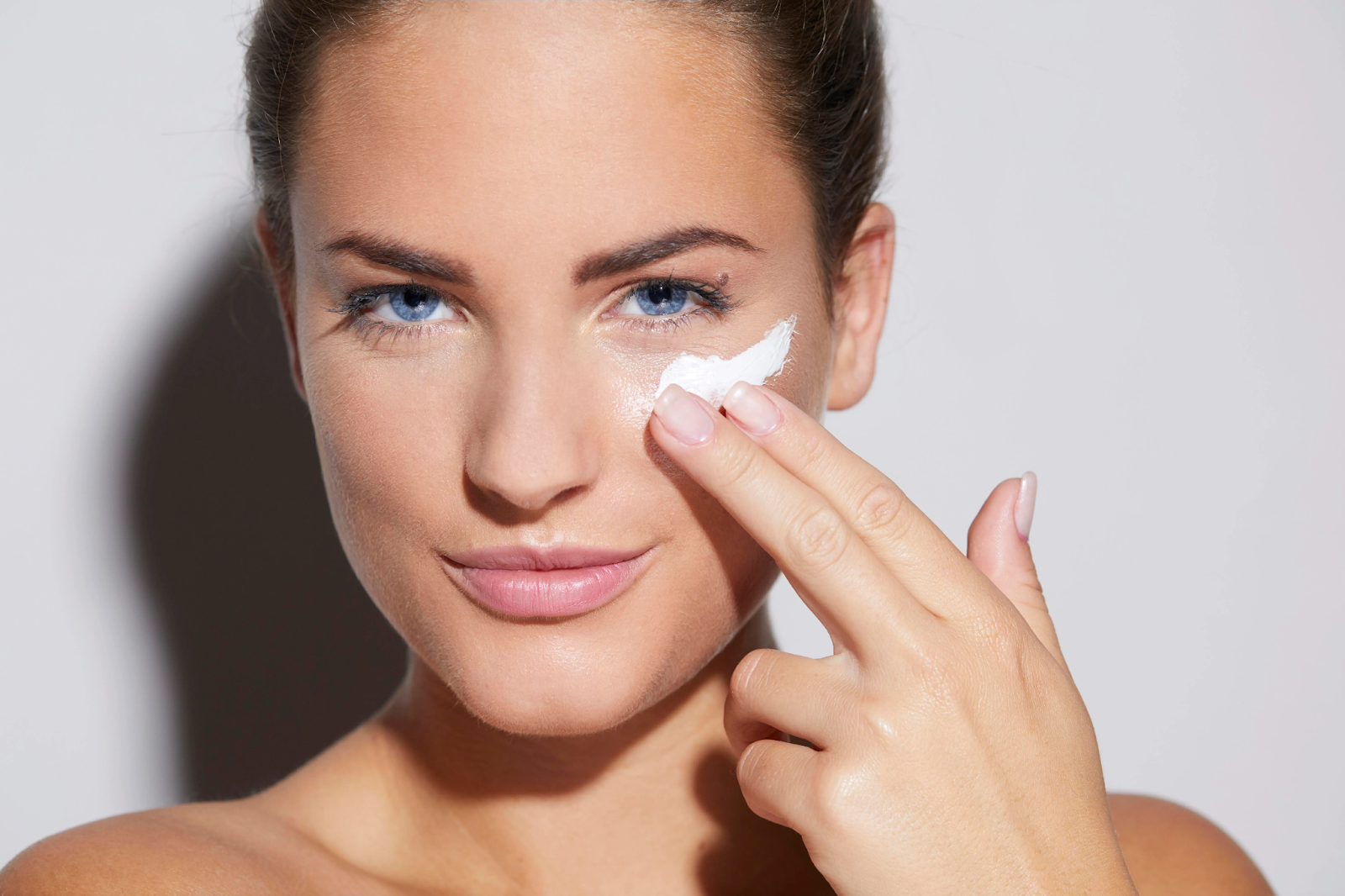Struggling with the relentless battle against acne is a plight shared by many Australians. But hope is not lost, for the market is ripe with robust solutions tailored to soothe and treat acne-prone skin. This comprehensive guide is dedicated to unveiling the best skin care products and practices that can make a marked improvement on your skin’s health. From understanding acne to implementing the right skincare routine, we will guide you through a curated selection of products proven effective for combating acne down under.
Understanding Acne and Its Causes
Acne is more than just an occasional pimple; it’s a complex skin condition that can be inflamed, persistent, and distressing. Understanding the types of acne—ranging from blackheads to cystic lesions—is crucial for effective treatment. In Australia’s diverse climate, acne can come to fruition due to a combination of factors, including genetics, hormonal changes, stress, and even certain lifestyle habits. Knowing what triggers your acne is the first step in taking control of your skin’s health.
Key Ingredients to Look for in Acne-Fighting Products

Navigating the sea of skin care products can be overwhelming, but by arming yourself with knowledge on key ingredients, you can make informed choices. Salicylic acid works wonders in penetrating pores and preventing blockages. Benzoyl peroxide is a germ-fighting juggernaut, reducing inflammation and battling the bacteria that cause acne. Retinoids come to the rescue by promoting cell turnover. Nano-sized particles, or ‘nan’, in advanced formulations, can deliver these ingredients more efficiently into the skin without causing undue irritation.
Top Recommended Products for Acne Prone Skin in Australia

The right cleanser removes impurities and excess oil without stripping the skin of its natural moisture. For acne-prone skin, gentle formulations that maintain the skin’s pH balance are essential. Precede the cleanser with a micellar water to remove makeup and sunscreen, then opt for a foaming or gel-based cleanser with active ingredients to target acne.
- Gentle Micellar Water – Perfect for pre-cleansing
- Foaming Facials Cleanser with Salicylic Acid – For deep pore cleansing
- Soothing Gel Cleanser with Aloe – To calm and clear the skin
Exfoliators and Masks for Enhanced Clarity
A regular exfoliation routine can help to lift away the dead skin cells that contribute to clogged pores. However, it’s important not to over-exfoliate as this can cause irritation. Look for products with smooth, round microbeads or chemical exfoliants like alpha hydroxy acids. Clay and charcoal masks are excellent for drawing out oils and impurities once or twice a week.
Moisturizers Suited for Acne Prone Skin
Moisturizing is a non-negotiable step even for oily, acne-prone skin. Hydration is key to maintaining the skin barrier’s integrity and preventing overproduction of oil. A lightweight, oil-free moisturizer or one formulated with hyaluronic acid can work to keep the skin plumped, hydrated, and less prone to breakouts.
Top Moisturizers for Acne Prone Skin:
| # | Product Name | Key Ingredient |
|---|---|---|
| 1 | Hydra-Boost Oil-Free Moisturizer | Hyaluronic Acid |
| 2 | Clear Skin Mattifying Moisturizer | Niacinamide |
| 3 | Daily Defense Light Hydrator | Green Tea Extract |
Spot Treatments and Serums for Targeted Action
Spot treatments are your first aid for unexpected breakouts, providing a concentrated dose of acne-fighting ingredients directly onto the blemish. Serums formulated with vitamin C, tea tree oil, or zinc can help to reduce inflammation, promote healing, and prevent scarring.
Lifestyle Tips and Skincare Routines to Combat Acne
Diet and Lifestyle Adjustments for Healthier Skin
It’s well-documented that certain dietary choices, such as a high glycemic load diet or excessive dairy intake, may exacerbate acne in susceptible individuals. Embracing a balanced diet rich in vegetables, fruits, lean proteins, and whole grains can support skin health. Managing stress and ensuring adequate sleep are also critical for overall well-being, which in turn reflects on your skin.
Developing a Comprehensive Skincare Routine
Establishing a skincare routine that you can stick to day in, day out is the cornerstone of acne management. Start with a gentle cleanser, follow with a targeted treatment or serum, then apply a lightweight moisturizer. As a final step in the morning, don’t forget to apply broad-spectrum sunscreen to protect your skin from the harsh Australian sun.
Conclusion
Dealing with acne-prone skin can certainly be frustrating, but armed with the right products and knowledge, it’s a battle that can be won. Remember that consistency is key—commit to your skincare routine and give products time to work. With a little patience, and a strategic approach, clear and healthy skin can be within your reach.
FAQs About Managing Acne Prone Skin with Products
Q1: Can over-the-counter products effectively treat acne prone skin?
A1: Yes, over-the-counter products containing active ingredients such as salicylic acid and benzoyl peroxide can be quite effective in treating mild to moderate acne. Nonetheless, for more severe cases, a dermatologist might prescribe more potent treatments.
Q2: How often should I exfoliate if I have acne-prone skin?
A2: The general recommendation is to exfoliate one to two times a week. Sensitive skin may require less frequent exfoliation. It’s important to monitor how your skin responds and adjust accordingly to prevent irritation.
Q3: Are natural remedies as effective as commercial acne treatments?
A3: While natural remedies can be beneficial and work well for some people, they are not always as effective as scientifically formulated commercial treatments, which are designed to fight the root causes of acne.
Q4: Can dietary changes make a difference in acne treatment?
A4: Yes, certain foods that are high in sugar and dairy have been known to exacerbate acne. Making dietary changes by incorporating healthier options can contribute to skin improvements.
Q5: How long does it usually take to see results from acne products?
A5: It can take anywhere from four to eight weeks to see significant results from using acne products. Persistence and adhering to a regular skincare routine are essential to see long-term benefits.
